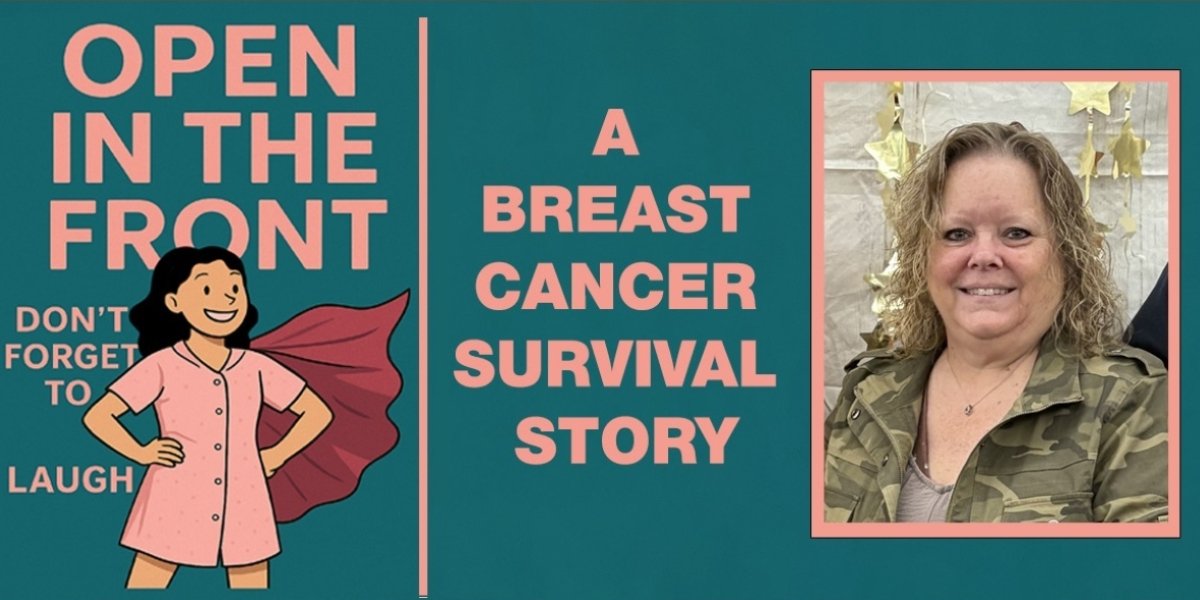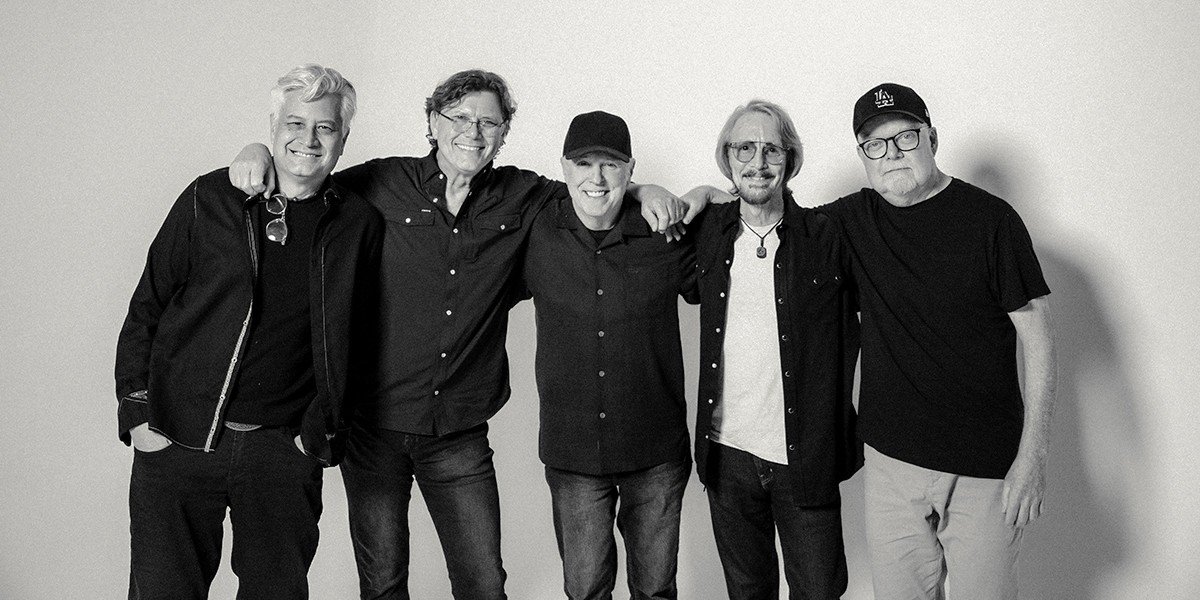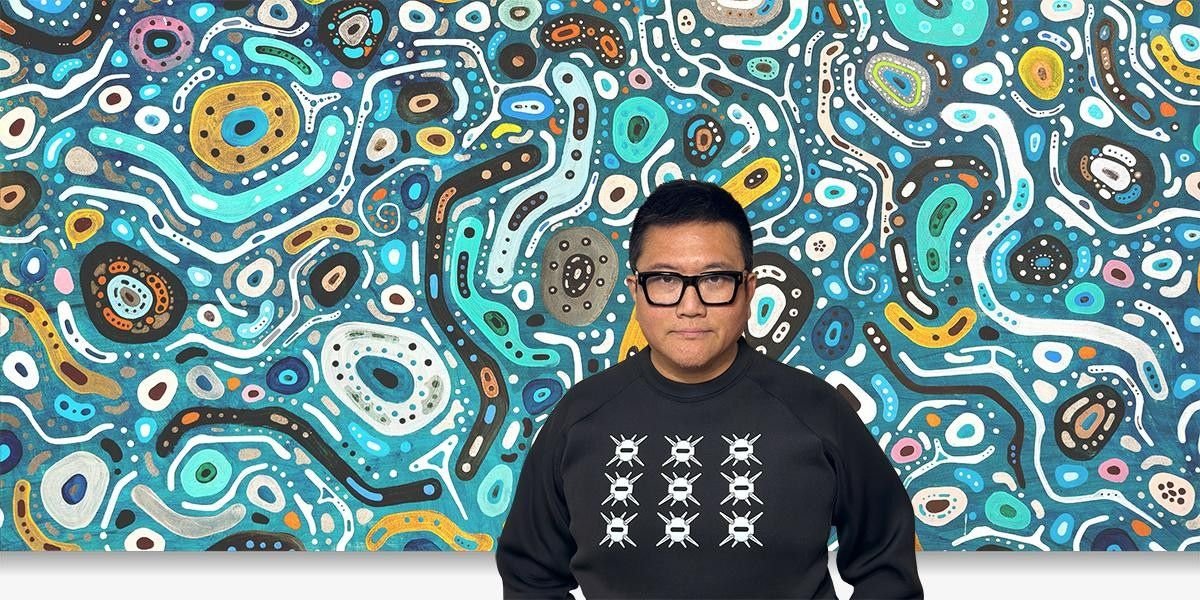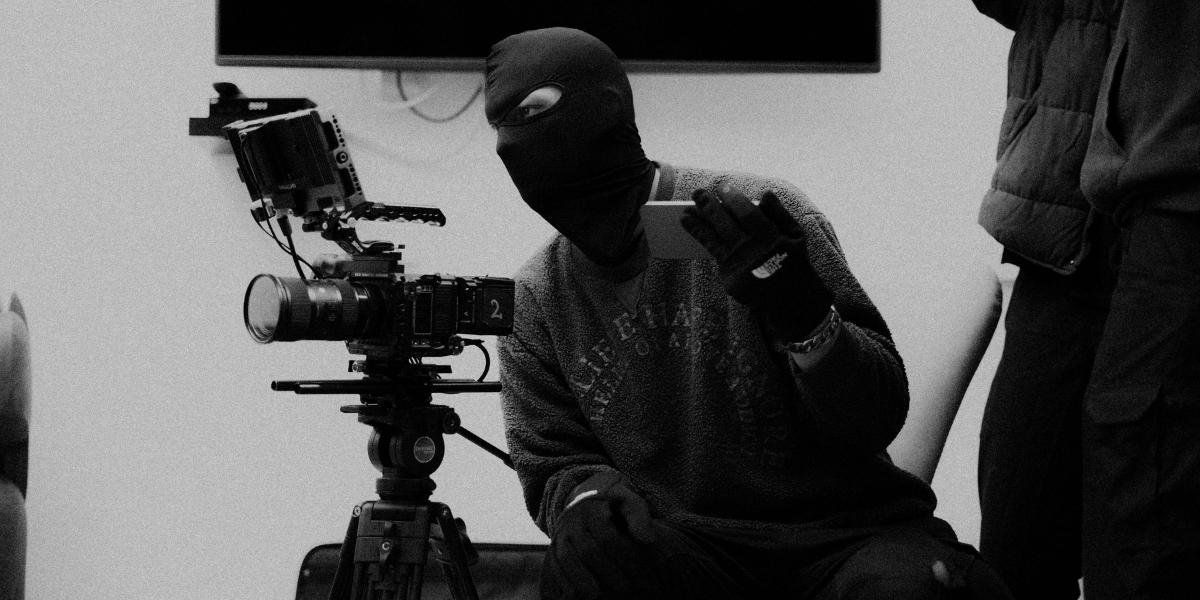By: Jay Feldman
In a time when people turn to movies for comfort, nostalgia, or just to make sense of life, independent filmmaker Filippo Di Franco sees visual storytelling as something deeper—a way to connect across time, memory, and experience. His latest project, Everything In This World Is Exactly What It Is, dives into the messy, unfiltered nature of memory, loss, and self-reflection, inviting audiences to see pieces of themselves in its frames.
“I remember watching films that didn’t just tell a story but felt like they were pulling something straight from my own life,” he says. “That sense of recognition, of seeing your own thoughts and experiences play out on screen—that’s what I want to create.”
Di Franco’s path into filmmaking was anything but linear. While college projects helped refine his craft, his curiosity extended beyond film, drawing inspiration from other academic fields. But it was working alongside industry veterans that provided a real-world crash course—one that went beyond technical skills and taught him how to tell stories that truly resonate.
His move into independent filmmaking wasn’t about prestige or easy success. It was about creative control. “I wanted the freedom to tell stories that hit me personally, that blur the line between fiction and reality,” he explains. With Everything In This World Is Exactly What It Is, he’s doing exactly that—crafting a film that feels less like a scripted narrative and more like a memory unfolding in real time.
A Story of Time and Memory
Everything In This World Is Exactly What It Is was born from Filippo Di Franco’s fascination with identity, memory, and the passage of time. The film follows an elderly woman confronting her past, guided by a teenage girl who isn’t just a companion, but a reflection of her younger self. Their quiet, intertwined journey becomes a meditation on how we carry, reconcile, and sometimes challenge the versions of ourselves that shaped us.
“The story was deeply inspired by my sister and me—our childhood growing up with our grandma. At the time of planning the film, novelists like Tove Jansson and Paulo Coelho were huge influences as I shaped the story,” he explains. “I think both explore that space beyond what we believe can truly make us happy.”
Leaning forward with intensity, Filippo adds, “I want the audience to leave the film questioning the relationship between the two women and reflecting on how our existential fears shape who we are today. And ultimately the person we will become”
Every visual choice serves the story’s emotional core. Filippo worked alongside cinematographer Chloe Smith to craft each shot with meticulous attention, using light and composition to amplify the narrative’s themes. Summer leaves drift through key scenes, silently speaking to change and nostalgia without a word of dialogue.
“Every frame is an opportunity to show the world for exactly what it is: simple and subtle,” he explains. It’s this deliberate minimalism that turns his quiet, introspective storytelling into something deeply affecting—an invitation for audiences to reflect on their own relationship with time.
Creating Connection Through Film
For Filippo, filmmaking isn’t just about storytelling—it’s about creating moments of recognition, where viewers see fragments of themselves reflected on screen.
“I believe that film, whether documentary or narrative, has the power to foster empathy and understanding,” he says. “When we see ourselves in the stories of others, we realize we’re not so different from one another. And at the root of so many of our fears, there’s really just one—we’re all afraid to die.”
His involvement with Library Films, the production company founded by director Chris Smith, has provided him with a collaborative space to grow as a filmmaker. Known for thought-provoking projects like Netflix’s Tiger King and HBO’s Emmy-winning 100 Foot Wave, Library Films has allowed Filippo to work alongside experienced storytellers, honing his craft while contributing to compelling documentary narratives.
These collaborations have only deepened his belief in the power of creative teamwork. “It’s pretty amazing,” he says. “Something that existed in someone’s head for so long finally comes to life, shaped by so many ambitious and dedicated people. That process never stops feeling special.”
Building a Filmmaking Collective
Filippo Di Franco and his longtime collaborator, college roommate Miles Cohen, didn’t just want to make films—they wanted to create a space where stories could take on a life of their own. That’s how Sentence Films was born, a filmmaking collective that takes on everything from music videos to documentaries, united by a shared vision of storytelling that embraces life’s unpredictability.
“We were always drawn to films with sentence-long titles,” Filippo says, gesturing animatedly. “Sentence Films is our way of telling stories that reflect life as it really is—absurd, delicate, unpredictable, and ironic.”
Rather than forcing projects into rigid structures, the collective lets stories unfold organically, leaning into the unexpected. “Some of our best work came from moments we never planned,” Filippo admits with a knowing smile. “We’re learning to trust the process.”
Still in the early stages of building their portfolio, Sentence Films isn’t just about making movies—it’s about rethinking the way audiences engage with them..
Beyond Entertainment: Film as Connection
For Filippo Di Franco, filmmaking isn’t just a career—it’s a way to explore what makes us human. He sees cinema as uniquely capable of capturing fleeting moments and preserving memories, creating bridges between experiences that might otherwise remain disconnected.
“I do believe storytelling has the power to cross many cultural divides we face today in the world. And offer glimpses into that part of ourselves that isn’t always about good or bad, right or wrong,” he explains. “Film speaks a universal language—it works on us emotionally before we even process it intellectually.”
When asked what advice he’d give emerging filmmakers, Filippo doesn’t talk about gear or technical precision. Instead, he focuses on authenticity. “Every film is a reflection of who we are and what we believe,” he says. “The most important thing is to accept your process. If you’re not at peace with it, then it isn’t worth the work.”
As the conversation winds down, his passion remains unmistakable. Through Everything In This World Is Exactly What It Is and his broader body of work, he invites audiences to engage with their own memories, to reflect on the stories that shape them.
In an industry often dictated by commercial success, Filippo Di Franco stands as a reminder of cinema’s deeper purpose—not just to entertain, but to illuminate the human experience in all its messy, beautiful complexity.
For more on Filippo Di Franco and his work, visit filippodifranco.com.
Published by Jeremy S.
















